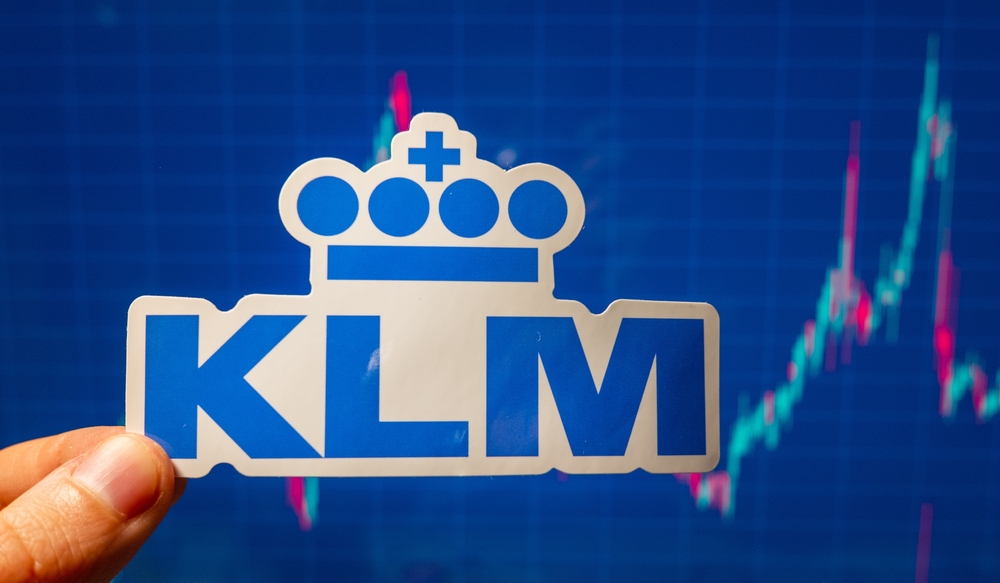KLM, the Dutch airline, has become part of a controversy over green pledges. In 2019, it launched a campaign asking its customers to "fly responsibly" and consider the environmental impact before booking a ticket. It was meant to show their commitment to a sustainable future, but instead it sparked criticism and accusations of greenwashing from environmental activists.
KLM vs. Fossil Free Netherlands
This case, brought by Fossil Free Netherlands, highlights the dilemma airlines find themselves in when trying to increase growth for shareholders while convincing the public that they are taking action to reduce carbon emissions. Critics argue that these claims cannot be reconciled, and a growing number of lawsuits, consumer complaints and advertising decisions by regulators are seeking to limit the sustainability claims that airlines can make.
Hiske Arts, Head of Campaigns and Organisation at Fossil Free Netherlands, argues: "The only way to fly responsibly now is not to fly."
KLM, which is suing the organisation, says it intends to become a leader in reducing emissions and communicating sustainability. "We are doing our best," a spokesman said.
The dispute will be heard in a Dutch court and a decision is expected in February.
Green Promises vs. Reality: Technology and Evidence
In response to these lawsuits and accusations of greenwashing, the Dutch government has announced flight restrictions at KLM's Schiphol base airport to 9.5% below 2019 levels to reduce noise pollution and emissions.
KLM says it plans to meet the targets by 2030 through the purchase of more efficient aircraft and the gradual use of more biofuels.
However, according to Fossil Free Netherlands, any airline advertisements that reference the environment aim to increase demand for flights by convincing people that flying is not a problem. Therefore, they believe the airline industry should be dealt with in a similar way to the tobacco industry, with a complete ban on advertising and warning labels on airline tickets.
The key problem is that the technology for low-carbon flights either does not exist or is years away from commercialisation.
Balance in the Government, Regulatory and Consumer Sectors
The dispute over airlines' environmental promises is becoming increasingly heated, not only in the Netherlands but also across Europe. Regulators are trying to strike a balance between protecting consumer interests and allowing airlines to show their progress.


